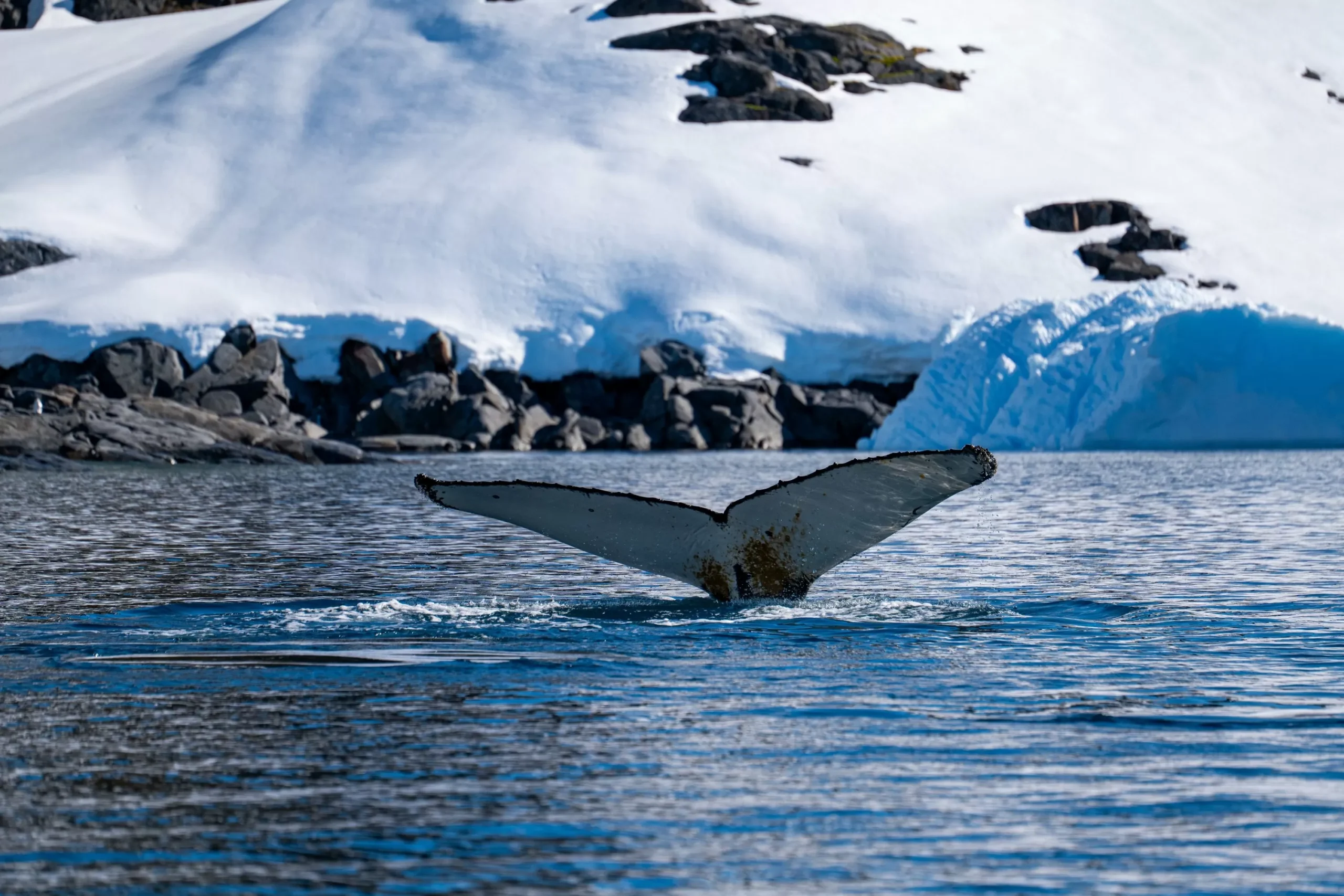Australian scientists have made a groundbreaking discovery during their research in East Antarctica. They have announced the collection of samples from potential new marine species, which could offer valuable insights into the diverse and largely unexplored ecosystem of the region. This discovery has opened up a world of possibilities for further studies and has the potential to make significant contributions to the field of marine biology.
The team of scientists, led by Dr. Sarah Williams, embarked on a month-long expedition to East Antarctica to study the impact of climate change on the region’s marine life. They were equipped with state-of-the-art equipment and a team of experts from various fields of marine science. The goal was to collect samples and study the genetic makeup and behavior of different species in the area.
The team’s hard work and determination paid off when they were able to collect samples from several potential new marine species. The samples included a wide variety of creatures, ranging from tiny crustaceans to larger species such as fish and octopuses. Each sample was carefully collected and preserved to be studied in detail back in the laboratory.
Dr. Williams, who has been studying marine life in Antarctica for over a decade, expressed her excitement about the discovery. She stated, “This is a significant milestone in our research. The samples we have collected could potentially be new species that have never been discovered before. It is an incredible feeling to know that we are uncovering the secrets of this remote and unexplored region.”
The findings of this research could have far-reaching implications for understanding the impact of climate change on marine life. Antarctica’s marine ecosystem is facing unprecedented challenges due to rising temperatures and melting sea ice. The discovery of potential new species is an indication that the ecosystem is adapting and evolving to these changes.
In addition to providing insights into the effects of climate change, these findings also highlight the importance of preserving and protecting the fragile environment of Antarctica. The region is a critical habitat for many species, and any disturbance to the delicate balance could have severe consequences for the entire ecosystem.
The discovery of potential new species also sheds light on the remarkable resilience of marine life in Antarctica. Despite the harsh conditions, these creatures have adapted and survived for millions of years, making them a valuable source of knowledge for scientists studying evolution and adaptation.
The research team is now eagerly waiting to analyze the collected samples in the lab and confirm if they are indeed new species. The process of identifying and classifying new species is a rigorous and time-consuming task, but the team is determined to leave no stone unturned.
This groundbreaking discovery also highlights the importance of international collaboration and cooperation in the field of marine science. The research team included scientists from different countries, who worked together towards a common goal. Such collaborations are crucial in expanding our knowledge of the marine world and finding solutions to the challenges it faces.
As the world grapples with the devastating effects of climate change, this discovery brings a glimmer of hope. It is a reminder that there is still so much to learn and discover about our planet, and it is up to us to protect and preserve it for future generations.
In conclusion, the announcement of the collection of samples from potential new marine species during the research in East Antarctica is a momentous occasion. It highlights the resilience and adaptability of the region’s marine life and provides valuable insights into the impact of climate change. This discovery is a testament to the dedication and hard work of the scientists involved and is a significant step forward in our understanding of the fragile ecosystem of Antarctica.








